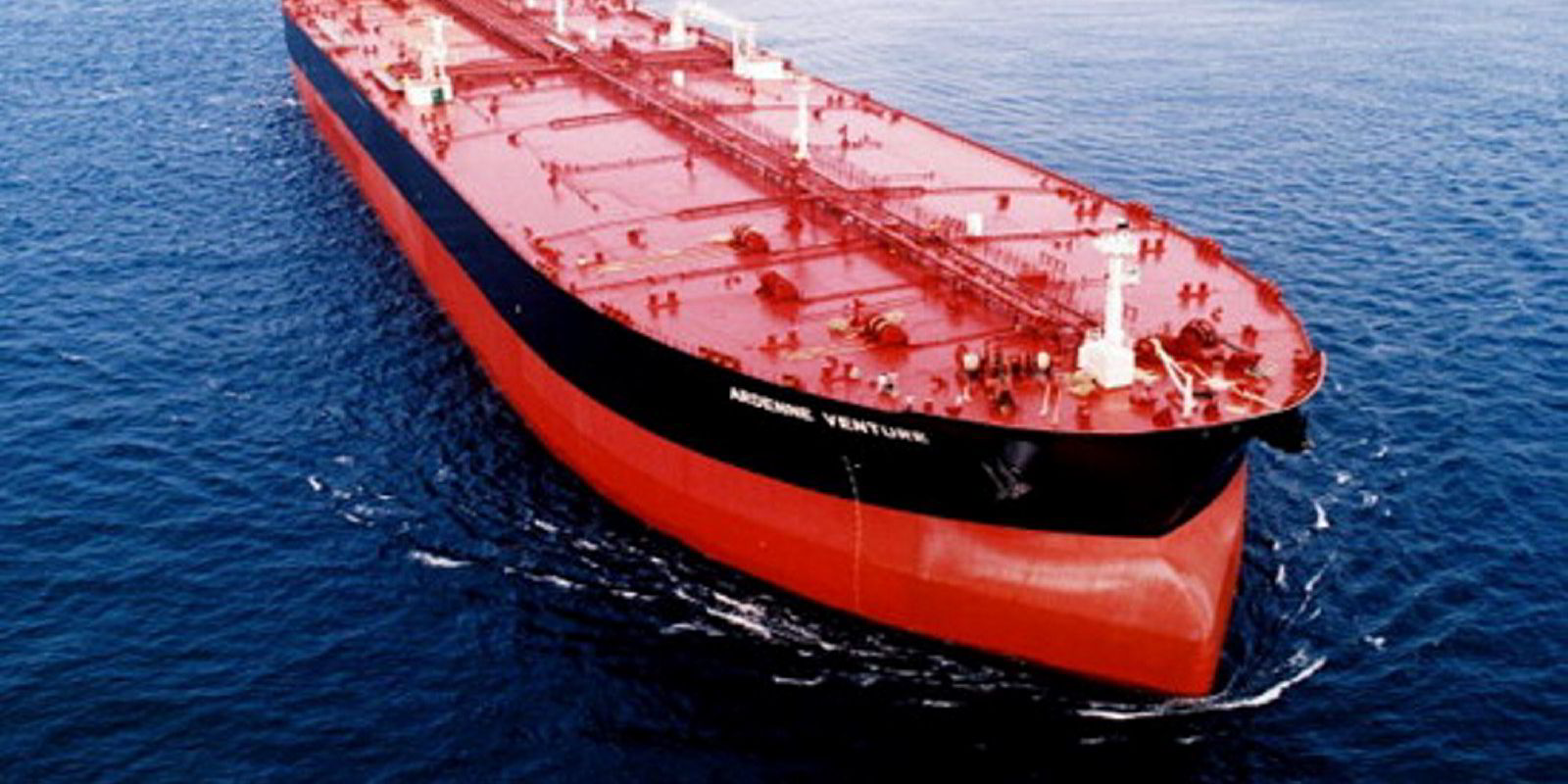Clarksons Securities is advising owners to keep an eye on market fundamentals and not take daily or even weekly shifts in VLCC spot earnings too seriously.
Rates have dropped 4% overnight and 14% this week, but remain a solid $100,400 per day for eco-vessels.
Charterers have managed to reduce activity levels, but the investment bank notes that mid-December cargoes will shortly hit the market.
When capacity utilisation climbs, freight rate volatility rises.
“We estimate that VLCC capacity utilisation is currently at 92%,” analysts, led by Frode Morkedal, said.
They argued that a percentage point change would imply a trading range of $85,000 to $130,000 per day.
The average number of VLCCs chartered every day is seven to eight ships, so even a small variation in activity levels can have a significant influence on rates, the analysts said.
“The main lesson from this finding is that looking at daily or weekly swings in rates can be deceiving; the market is very tight due to a stretched tanker fleet, robust underlying refining margins, and a shift in trading routes,” they said.
UK shipbroker Howe Robinson Partners said on Thursday night: “We could use the excuse that the market was lifeless today due to Thanksgiving, but that would be an easy out.”
“It seems apparent, and not totally a surprise, that for the most part, as rates in the Middle East Gulf have come off this week, many charterers seem to have shut up shop, possibly until next week.”
Putting on the pressure?
They will then look at covering dates in the middle period of December, with a view to putting some more pressure on owners’ rate ideas, Howe Robinson said.
“What has also been noticeable has been the lack if enquiry from West Africa on the spot market for December, but it seems due to pricing,” the broker said. “This has been supplemented with much higher fixing levels from Brazil.”
Tanker stocks have fallen between 4% and 6% this week.
Clarksons Securities puts this down to the recent drop in oil prices, as many shipping investors also manage energy portfolios.
“Investors naturally fear getting off on the wrong foot after making such substantial profits from shipping this year,” the investment bank said. “Given the excellent fundamentals, we believe this is a good buying opportunity.”






